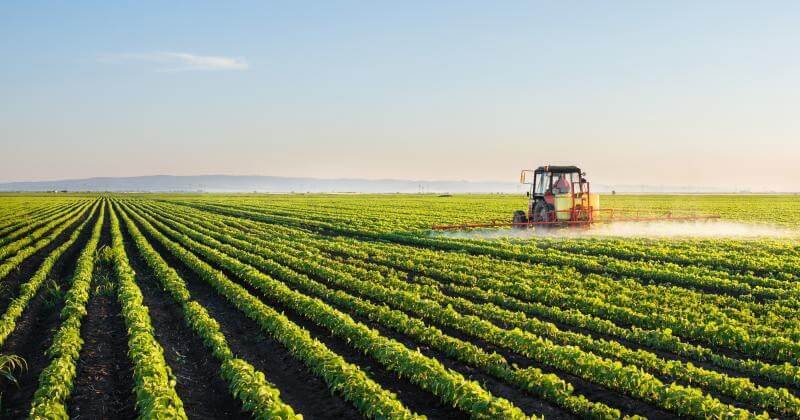A growing, increasingly affluent and urban human population is driving demand for more food grown in more-sustainable ways.
…
Sustainable intensification (SI) refers to an increase in yields on existing land using fewer harmful inputs and with lesser impacts. Different methods and approaches can contribute, from soil conservation and other traditional management techniques to the high-tech use of drones and data to target fertilizers and pesticides.
[Editor’s note: This editorial summarizes a recent issue of Nature Magazine analyzing the sustainable intensification of farming.]
…
In a Perspective, Cassman and Grassini highlight recent trends — spikes in grain prices, plateauing yield increases on existing land, and conversion of wildlands to farms — to motivate considering SI globally.
…
How can we increase yields while increasing the efficiency of water and nutrient use and reducing soil erosion and greenhouse-gas (GHG) emissions? Beyond genetic improvements …. Cassman and Grassini discuss expanding research on production systems in working fields, forming farmer data cooperatives, and monitoring environmental performance at ecologically relevant scales …. Melding agronomy with information technology is the frontier pursuit of digital agriculture, which uses geospatial technologies, sensors and algorithms to target what to grow where and how.
In a Comment, Basso and Antle agree that genetic improvements are necessary but insufficient, arguing for digital approaches to monitor crops and fields to optimize inputs and planting decisions.































